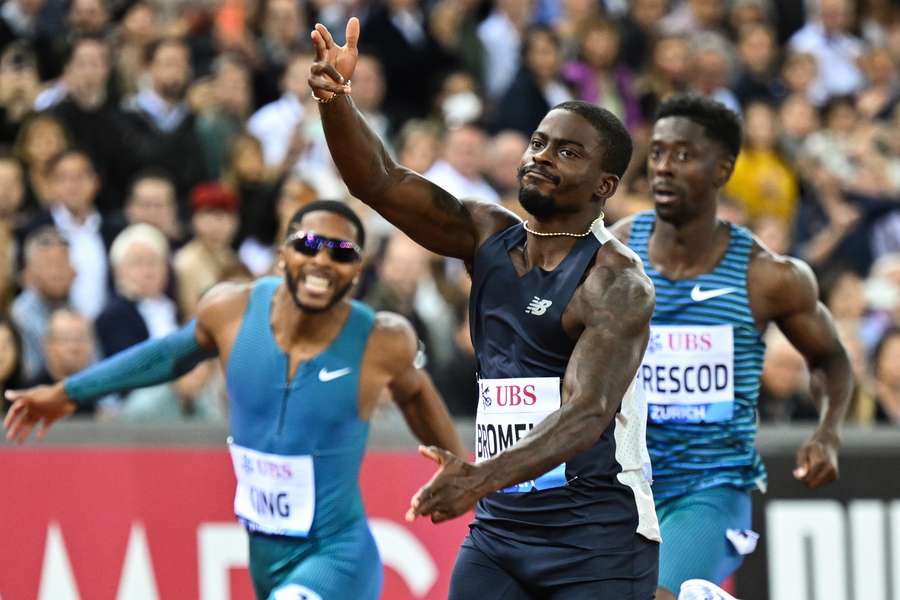Coe plays down security worries, pushing for Paris Olympic city events

Before taking over as president of World Athletics, Coe headed up the organising committee for the London Olympics in 2012, widely regarded as one of the most successful in recent times.
Athletics is touted as the premier sport of the Olympics and Coe is keen for certain events to be moved out of the Stade de France, north of Paris, into street locations to increase exposure.
"I would like to," Coe told AFP in an interview in Zurich, host of the Diamond League finals.
"And I know the International Olympic Committee (IOC) are keen and I have had these discussions with Tony (Estanguet) and Etienne (Thobois) (head and CEO of the Paris 2024 organising committee respectively).
"I think it's worth it. I know they pose challenges, there are security costs, but actually, it's very much in keeping with the vision the IOC has for expanding the footprint for sport."
The concept of city events is not new, with the Diamond League regularly organising competitions downtown, while the shot put in the 2004 Athens Olympics was held in Olympia.
The Zurich finals relocated six of the 32 disciplines to a central city location and the athletes involved loved it.
Shot put winner Joe Kovacs said it had been "really fun", with thousands of spectators not only sat in traditional tribunes, but also able to move around between events.
"Every street competition we try to put on a show, make the crowd happy," the American said.
"Maybe cheers and beers is a good idea. We really love to be part of that and we are thankful for that."
- Maximum exposure -
Coe said that having been part of the team that organised the 2012 Olympic Games, "you are forever trying to figure out how you can get as many people to watch sport as possible".
"If your ambition is to use it as a vehicle to get more young people challenged to join judo clubs, tennis clubs, athletics clubs, then you need to give them as much exposure to that as possible.
"We have to do more to try to democratise sport. It can't just be about a handful of people, relatively, that can afford tickets or get lucky in a ballot. We need to broaden that base."
Coe, who won two 1500m Olympic gold medals for Britain at the 1980 and 1984 Games, admitted, however, that talks to implement the idea of city events were not quite where he wanted them.
"I'll be open with you. It's not as advanced as I would hope," he said.
"I know the opening ceremony in Paris is very much about engaging... there was a plan to have something like 600,000 people in the opening ceremony.
"Moving what you possibly can sensibly and with, obviously, all the security structures you need to adhere to from a venue into something that allows particularly young people to see it has to be worth doing."
Coe was quick to play down fears over security at the Stade de France, where May's Champions League football final between Liverpool and Real Madrid descended into chaos amid crowd control issues.
"It's a very different mentality," Coe said. "I'm not making judgments about football grounds or security.
"I'm not saying that this has anything to do with the fans. I'm just saying that football poses challenges that other sports don't."
Coe said that his experience organising London 2012 showed security was "incremental, sequential", a process that starts years in advance of the actual Games.
"I'm sure the right people and the right authorities will have looked carefully at what happened that night in in the stadium," he said.
"But I'm very confident that at an Olympic Games, it'll work well.
"You don't want people coming to Paris thinking they're in lockdown."

